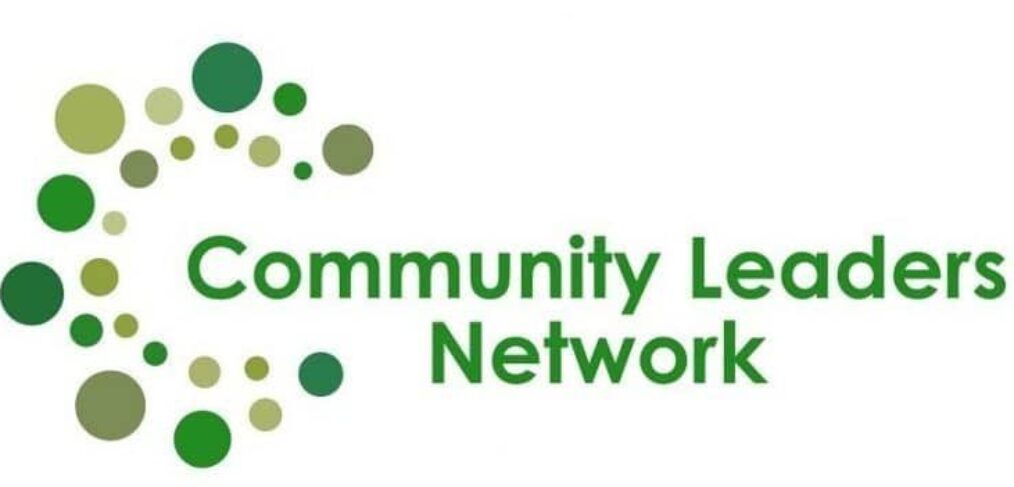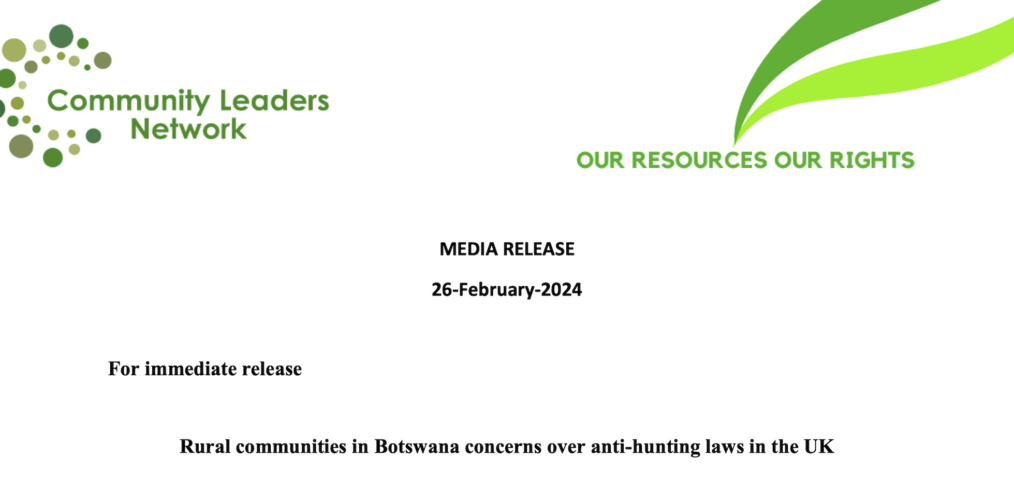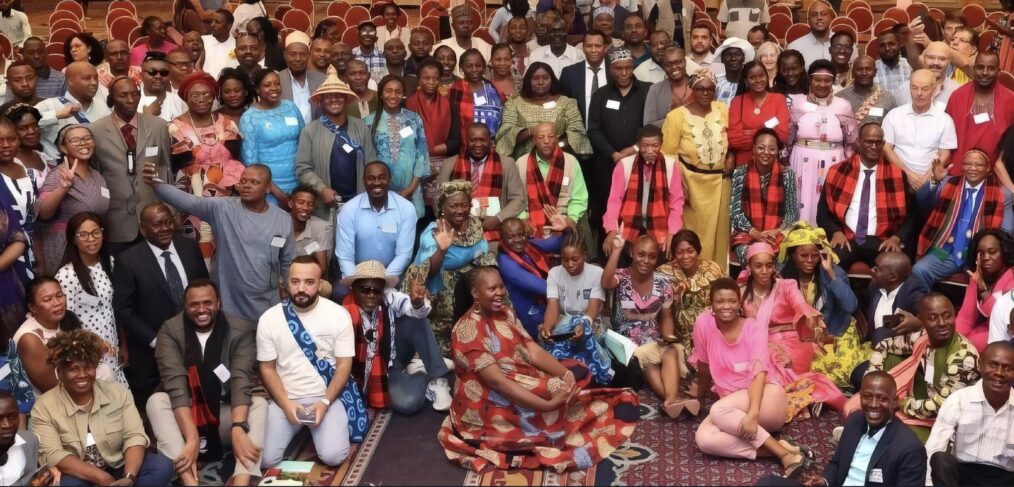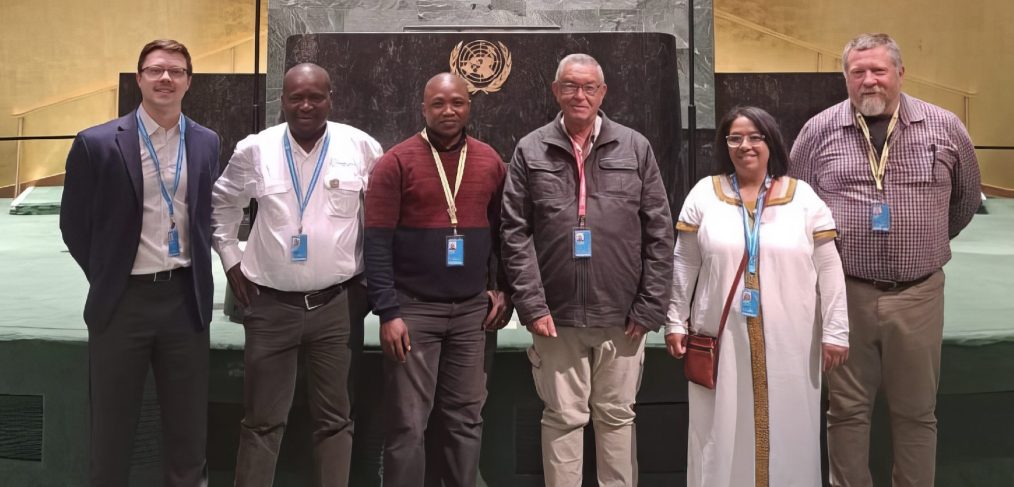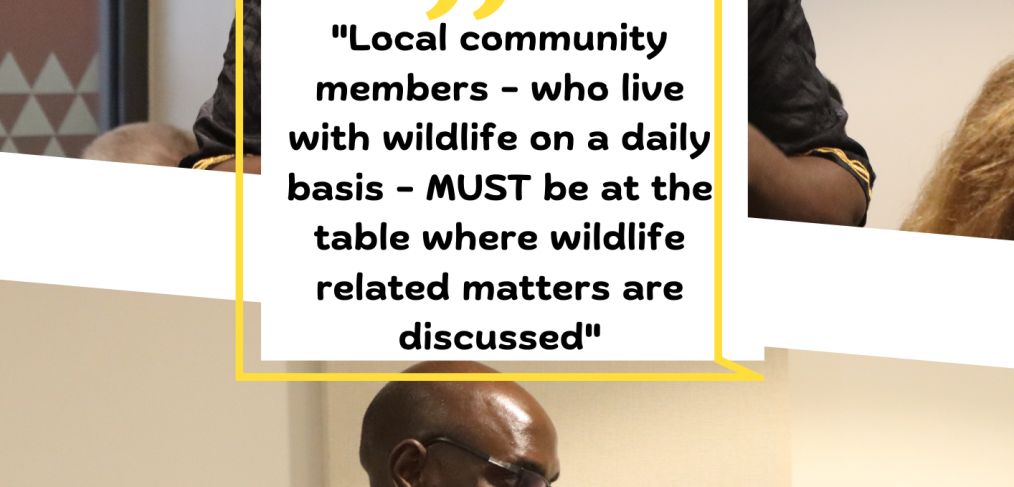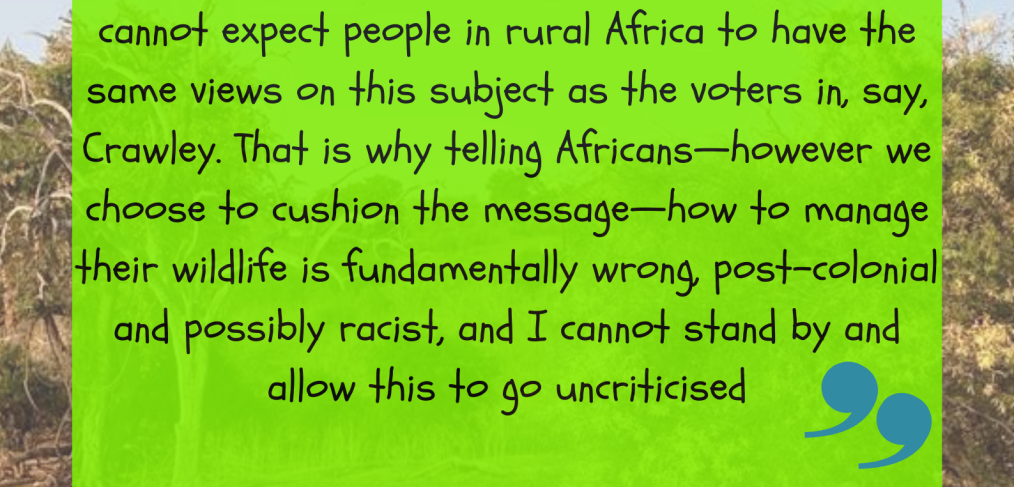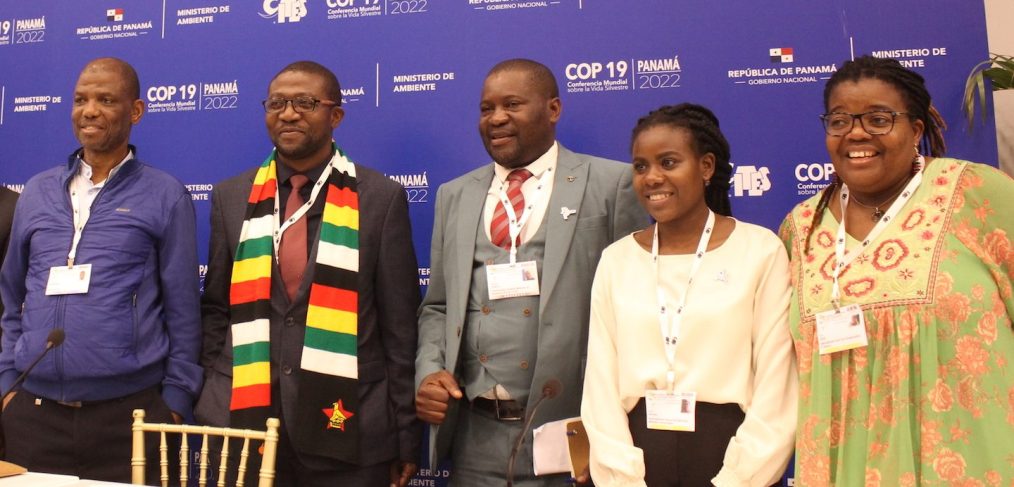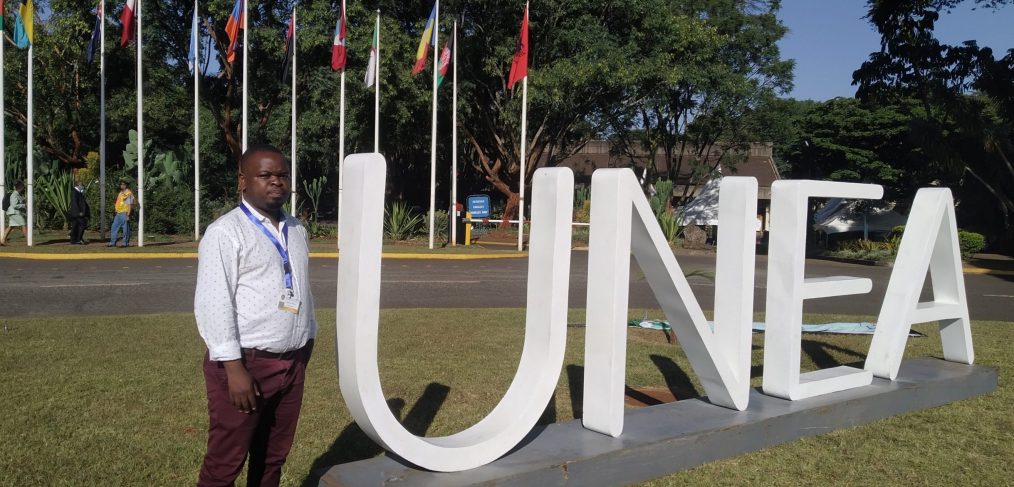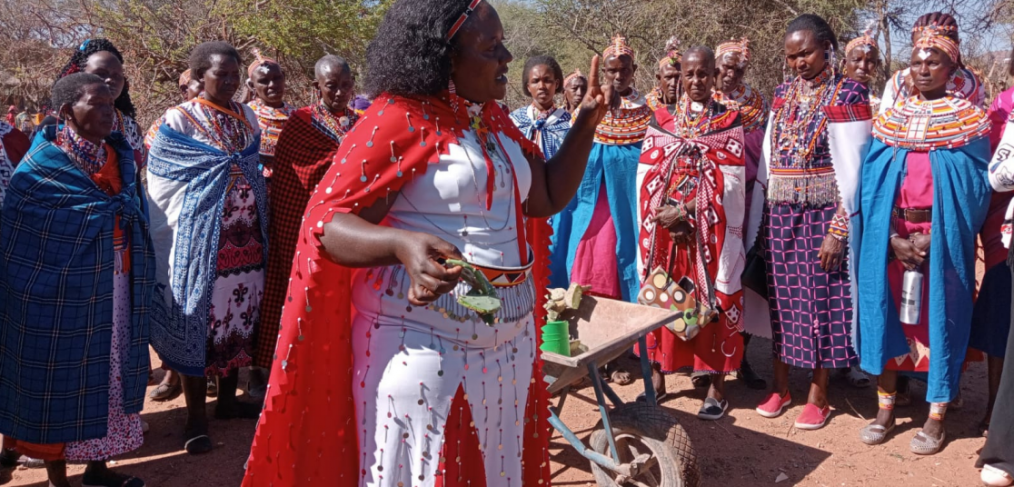On 22 February 2024, 17 Community Trusts in Botswana along with the Ngamiland Council of NGOs (NCONGO) expressed their deep concern with a campaign advocating for a ban on hunting trophy imports into the United Kingdom (UK) that will negatively affect their livelihoods and wildlife conservation efforts. These Trusts are democratically elected entities speaking on behalf of their respective communities that live alongside elephants and other wildlife species in Botswana.
The First Africa Indigenous People & Local Communities Conservation Congress, organised under the theme “We are nature & nature is us”, convened between 25th and 27th of October 2023, brought together Indigenous People and Local Communities (IPLCs) from the five regions of Africa to discuss, debate, and offer ideas on how to implement the Africa Protected Areas Congress (APAC) Kigali Call to Action and the Kigali IPLC Declaration.
The Community Leaders Network of Southern Africa proudly hosted this even in Windhoek, Namibia. Read the full Communiqué from the event in English here, in French here. The press release for the event in English here, in French here.
Dr Rodgers Lubilo and Malidadi Langa discuss the main issues that were addressed during the first-ever African Indigenous Peoples and Local Communities Conservation Congress. Land rights, resource use rights, human wildlife conflict and building an African Alliance to amplify African voices are among the highlights. We will continue to work together with our partners across Africa to create a movement for conservation that truly benefits African people.
As the Chairperson of Community Leaders Network of Southern Africa, I participated in the recent 22nd Session of the United Nations Permanent Forum on Indigenous Issues (UNPFII) held in New York, USA. It was a real eye opener for me, as I started to appreciate the challenges, abuse and human rights infringements that over 6.7 million indigenous peoples around the world have had to endure.
The Community Leaders Network of Southern Africa (CLN) has participated in various national, regional and international fora during the year 2022, leaving significant impacts at every one of them. All these activities are in line with CLN’s mandate of ensuring that community members who actually live with wildlife on a daily basis are consulted in all decisions regarding management of wildlife and other natural resources. Community members participated at events such as CITES CoP19, CBD CoP15, APAC, UNEA 5 – amongst others.
Detailed report of activities can be accessed here: CLN Annual Report 2022
Quote from Sir Bill Wiggin during the Hunting Trophies (Import Prohibition) Bill debate in the UK House of Commons – 25 Nov 2022
“We need to appreciate what it is like to live with large and dangerous or endangered species. We cannot expect people in rural Africa to have the same views on this subject as the voters in, say, Crawley. That is why telling Africans—however we choose to cushion the message—how to manage their wildlife is fundamentally wrong, post-colonial and possibly racist, and I cannot stand by and allow this to go uncriticised”
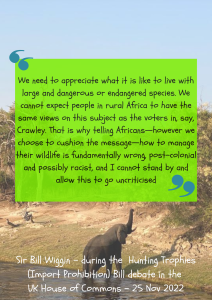
Southern Africa meets resistance to proposals on communities and wildlife trade
- Countries in the Southern African Development Council (SADC) are pushing
to incorporate rural communities and their livelihoods in decisions about the
international trade of wildlife. - While they have met resistance to their proposals from other countries, SADC
governments have showcased how working alongside their communities can
achieve conservation and sustainable development goals. - Community representatives from Southern Africa who attended CITES made
interventions in support of their governments’ position.
Please see report from the joint participation of CLN and Resource Africa at the 5th meeting of the United Nations Environment Assembly.
See full report here CLN@UNEA 5 RAUK and CLN
Please download Position Paper on CITES CoP19 here: Position paper for CITES final

